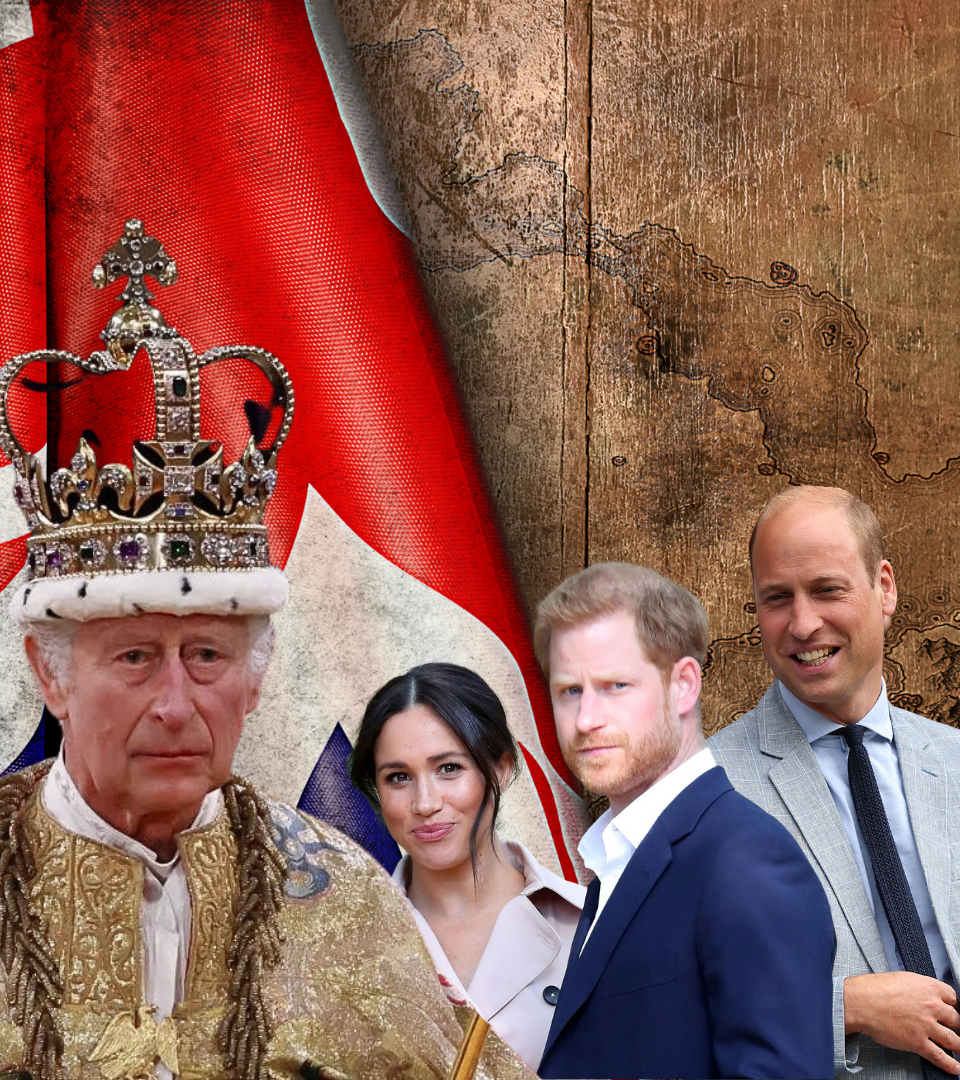In recent years, a new trend has emerged in the world of luxury: Quiet Luxury. It is a philosophy that seeks to move away from ostentatious and flashy consumerism and embrace a more discreet and sustainable way of enjoying life’s pleasures. In contrast to the traditional image of luxury, characterized by excess and waste, Quiet Luxury focuses on high-quality experiences and products without the need to show them off or display them ostentatiously. It represents a more personal and authentic approach where value is not determined by price or brand, but by quality, craftsmanship, and attention to detail. Essentially, it involves choosing clothes or engaging in activities that have been cherished for generations by families whose wealth predates several generations, as opposed to the “new rich” who seek to flaunt their brands.
What the concept means: Quiet Luxury seeks simplicity and elegance in all areas of life. Instead of accumulating objects and material goods, it focuses on carefully selecting items that truly add value and meaning. This approach entails paying greater attention to sustainability and ethics, favoring brands and products that respect the environment and workers’ rights. In the realm of fashion, Quiet Luxury is evident in timeless and durable garments made from high-quality materials. Brands adhering to this approach distance themselves from fleeting trends and mass production, opting for exclusivity and, above all, uniqueness.
More than just a fad: An article published by The New York Times highlights how Quiet Luxury has gained popularity among high-net-worth consumers. Industry experts explain how the perception of luxury is evolving, with a growing preference for more discreet and meaningful products and experiences.
Luxury brands that have adapted to this trend include Louis Vuitton, known for its line of minimalist leather products, and Tiffany & Co., renowned for its elegant and timeless jewelry. Quiet Luxury, or “quiet luxury,” stands in contrast to the traditional association of luxury with ostentation and the display of wealth. Instead, it values subtlety, quality, and experiential aspects beyond material possessions.
Forbes magazine delves into the shift in consumer preferences towards Quiet Luxury, emphasizing the growing aversion to overt branding. The publication states, “Consumers are increasingly seeking brands that offer high-quality products without excessive advertising of their social status.”
A clear example is Burberry and its focus on craftsmanship and quality rather than prominent logos.
Vogue claims that the Quiet Luxury trend has resulted in luxury fashion brands moving away from flashy and overly extravagant designs. Instead, they are focusing on designing high-quality pieces, using luxurious fabrics, and ensuring impeccable cuts.
Beyond clothing: In the hotel and hospitality sector, Quiet Luxury translates into the creation of serene and discreet spaces where guests can enjoy tranquility and comfort without unnecessary distractions. Hotels and resorts that embrace this concept prioritize authentic and personalized experiences, placing importance on privacy and fostering a connection with nature.
Quiet Luxury has also permeated the world of travel. Instead of seeking crowded tourist destinations, enthusiasts of this trend are now seeking out remote and lesser-known places where they can immerse themselves in the natural beauty and local culture without the presence of crowds or excesses. These trips are seen as opportunities for reflection, personal discovery, and connection with the environment.


